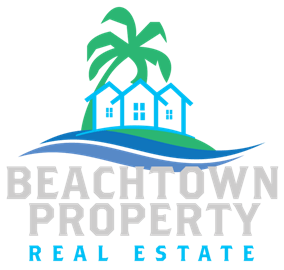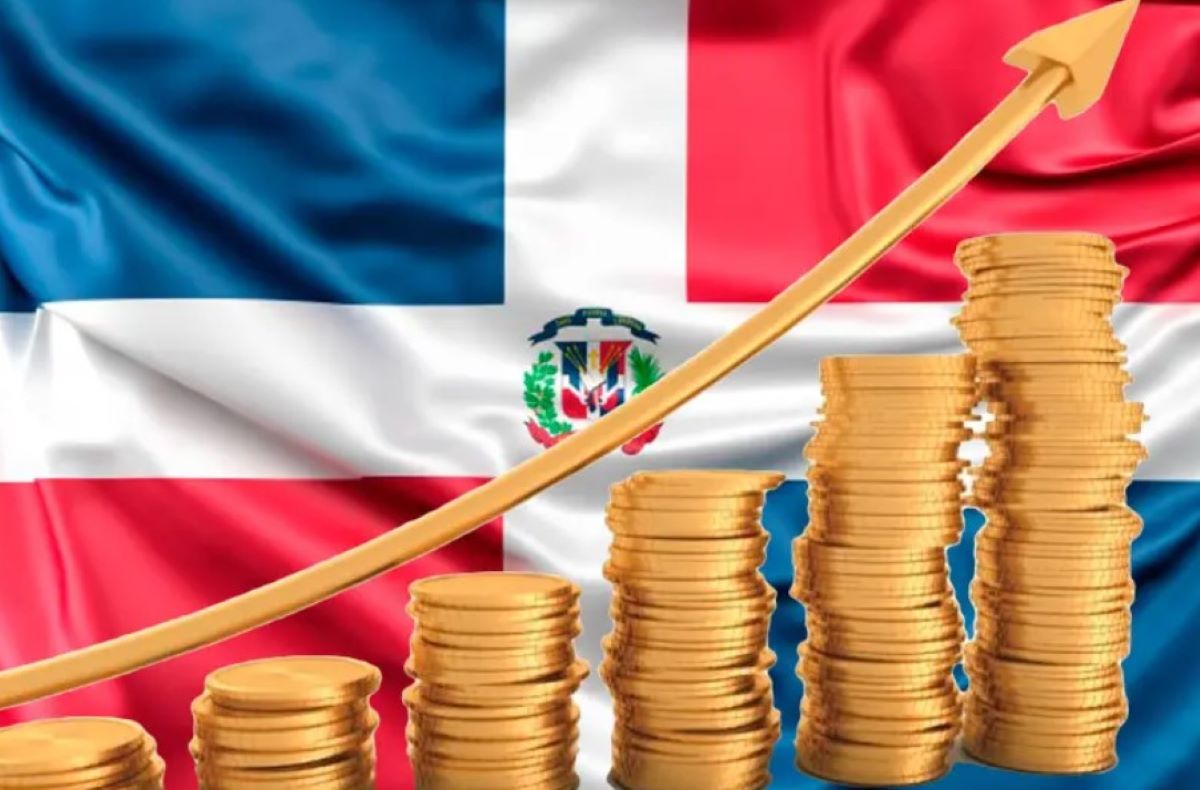17 Things You Must Consider Before Buying Property Overseas
It can be a daunting proposition… your first real estate purchase in another country…
And, even if you’ve done this before, the truth is, it’s not hard to make a misstep.
That is, when buying property overseas, you want to do more due diligence than if you were making a purchase in your home town. “Margarita Madness,” as I think of it… that phenomenon of good sense being forgotten in the haze of one too many fruity umbrella drinks enjoyed in the tropical sun… is a constant risk.
I have made more than four-dozen property purchases in more than two-dozen countries over my career. Here’s the best advice I can offer the would-be foreign property buyer based on that experience…
Start by answering these questions:
- How much space will you need? Do you want an apartment or a house? One bedroom or two? (You probably won’t need more than two.) Two levels or only one? A guest room or even a guest house? Will you have guests often? Will you want them to be able to stay with you, or would you prefer if they came and went from a hotel nearby?…
- Do you want a front yard, a back garden, or a swimming pool? All of these things require care and maintenance…
- Do you want to be in the heart of downtown or out in the country… on the coast or in the hills?…
- Do you want a turnkey, a renovation project, or something in-between?…
- Do you like the idea of living in a gated community, or would you prefer a more integrated setting, such as a neighborhood where you could become part of the local community? This is a key consideration. Going local means you have to learn the local language (if you don’t speak it already). Or perhaps you’d prefer to be off on your own with undeveloped acres between you and your nearest neighbor. In this type of rural setting you will need to build your own in-case-of-emergency infrastructure…
- What’s your budget? This is the most practical guideline of all, of course. Be clear on your finances before you start shopping, and, if your budget is strict, don’t be tempted to consider properties outside your price point. You’ll only be disappointing yourself unnecessarily…
- Finally, ask yourself what kind of view you’d like from your bedroom window each morning. This can be an effective way to focus on something important that might otherwise be overlooked until it’s too late.
17 Things To Know Before Buying Property Overseas
After you’ve focused your thoughts on what kind of property you’re interested in acquiring and begin considering specific properties for sale, here’s a due diligence checklist to help you compare, contrast, and filter:
Access – How close is the nearest airport? Do you have to make a connection after arriving in the country? For rural properties, is there year-round access to the area? Not all roads are accessible year-round in Nicaragua, for example, or in parts of other countries in this region. For city properties, what are the traffic patterns? How will they affect your lifestyle or your ability to rent the property?
Security – How will security be provided? Apartment buildings in Latin America generally have doormen 24/7. In most buildings in France, the front door to the building or the building’s courtyard, as the case may be, is kept locked at all times. Access is via a code shared with building residents only. Many buildings in France also have a concierge (although a concierge is more for service than security). If you’re buying into a private development anywhere, you should expect 24/7 security at the entrance. If you’re buying a farmhouse in the country, will you need to hire someone to keep an eye on the place?
Medical Care – Where is the nearest medical care facility? How many minutes to get there by car in both the wet and the dry season?
17 Things To Know Before Buying Property Overseas
Construction – If you’re buying a lot in a development, is there a building requirement (that is, a specified period of time within which you must build on your lot)? A building requirement is both a pro and a con. With one, you could be forced to build before you want or can afford to. Without one, you could be buying into a development that never develops. If no one is forced to build, you can’t be sure anyone ever will.
Development Community – If you’re buying into a planned development community, what construction and design standards are in place? This can be one of the big benefits of choosing this option rather than buying a house or a lot off on your own. Zoning is almost non-existent in Latin America, and, unless covenants and building restrictions are put in place (as in a private community), you may not like what your neighbors decide to erect next-door.
Infrastructure – This is important on both a general country and a specific property or development level. At the country level, how often does the electricity go out in the region where you’ll be living? How reliable are the cable and Internet services? What is the condition of the roads? How is water provided to the town or city? What about waste water? Ask these questions of everyone you meet in the area.
On an individual property or development level, does the developer, apartment building, or house have a generator for when electricity goes out? How about water storage in case of interruption to the normal water supply? What amenities are in place? Is the building or property well-maintained? Is there enough water and water pressure? Is there hot water? What’s the plan for waste disposal? Either the developer has installed these systems and covered the costs, or he hasn’t. If he hasn’t…who’s going to? (Here’s a hint: You are.)
When buying into a planned development, buy what you see. Do not take for granted that further infrastructure will be installed and do not believe every infrastructure promise a developer makes. If you see paved roads, then there are paved roads. If you see a clubhouse, then there’s a clubhouse. I say again: Buy what you see. And make sure the price reflects that current reality. Don’t pay a premium for “planned infrastructure.”
Homeowner’s Association (HOA) – What are the fees or, in the case of a new development or a pre-construction building, the projected fees? If you’re buying into a completed development, ask to look at the current financial statements. Has the HOA management created a reserve fund? Do the expenses match the level of visible amenities and maintenance? Are things being maintained, or do you see a lot of deferred maintenance? You should worry about both unusually low fees and deferred maintenance, because they may result in surprise assessments down the road.
For a building or planned community not turned over to the owners’ management group yet, has the developer estimated the fees to a level that should maintain the planned amenities? While no one wants to pay more than necessary for HOA fees, you also don’t want to be lured in by a low projected fee only to have them go up substantially once the developer turns over maintenance to the owners. The costs will be what they are. If projected HOA fees don’t cover them, one of two things will result. The property will slowly deteriorate or owners will be required to meet regular capital calls beyond the HOA amounts.
Construction – How will you build (if that’s your plan) from thousands of miles away? Who will oversee construction for you? How often will you be able to visit the site yourself? I’d recommend at least monthly. When budgeting a construction project, understand what’s included in the cost. You want to see written specifications. Specifics to verify include 220v water heaters and air conditioners and hot water lines to all sinks and showers. In Latin America, it’s common to provide cold water only to guest and maid bathrooms. Also confirm whether the quote you’ve been provided includes lights, fans, faucets, fixtures, and appliances. Assume nothing.
Amenities – What amenities exist in the development or apartment building? Pools, parks, golf, tennis, fitness, clubhouse, etc. These all have value, but they also cost money to maintain. What amenities/services are in the neighborhood? If you’re buying an apartment in a city, you should walk the few blocks around the apartment to see what is nearby. Shops, restaurants, parking, parks, public transportation, these can add value for rental and resale.
Track Record – If you’re buying from a developer (either a lot in a planned community or a pre-construction apartment in a building that hasn’t yet been completed), is the development company financially sound? Do they have a track record?
17 Things To Know Before Buying Property Overseas





